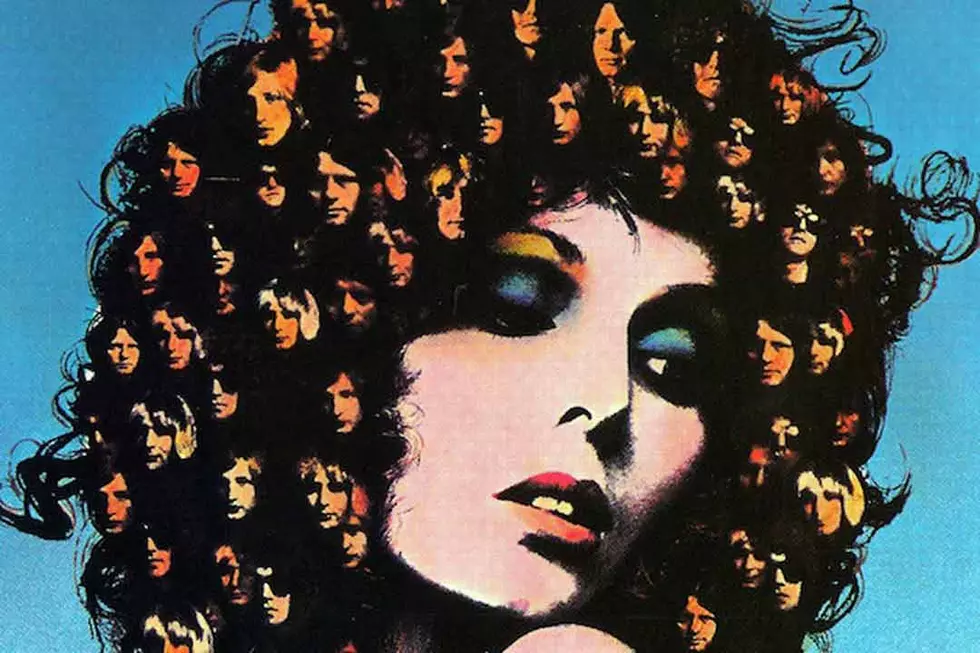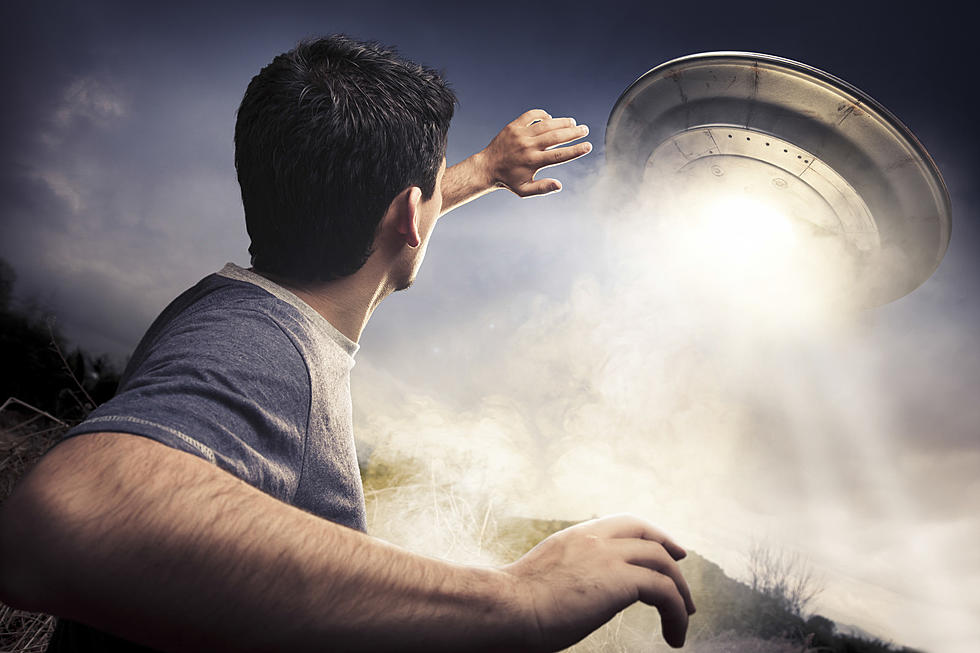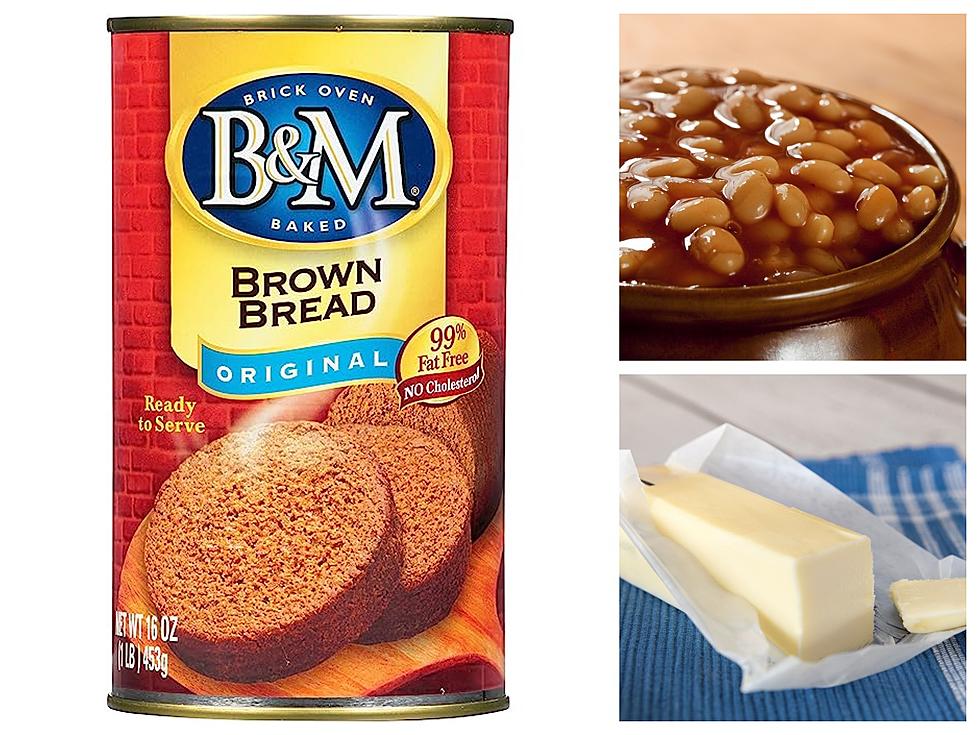
Revisiting Mott the Hoople’s Final Burst of Glory, ‘The Hoople’
Mott the Hoople seemed to be on top of the world on March 29, 1974, as they followed the unqualified triumph of the previous year’s Mott with their inevitably named seventh album, The Hoople. But, sadly, beneath the quintet’s glam-sparkled surface, things weren’t really as scintillating as they seemed.
Although David Bowie’s gifted hit of "All the Young Dudes" had effectively rescued the band from oblivion just two years prior, a subsequent falling out with their fan and benefactor revealed that some band members weren’t entirely comfortable with the trappings of stardom, which proved almost as trying as the starvation required to get there. Indeed, this contradiction cut so deep into Mott the Hoople’s identity that not even a Top 10 showing by Mott could disguise the fact that this was a band living on borrowed time.
Sure enough, before year’s end growing disillusion had driven both organist Verden Allen and guitarist Mick Ralphs out of the band (the latter of course went on to even greater success with Bad Company), forcing frontman Ian Hunter, bassist Peter “Overend" Watts and drummer Dale “Buffin” Griffin to seek replacements in keyboardist Morgan Fisher and erstwhile Spooky Tooth guitarist Ariel Bender (aka Luther Grosvenor).
Such was Mott’s momentum, though, that 1974's The Hoople immediately soared to No. 11 on the U.K. charts and performed even better than its predecessor in the U.S. (No. 28 vs. No. 35), neatly masking the trouble looming.
But then, great music will do that, won’t it? And you’d have to be pretty perceptive to note the subtle signs of split personality separating uniformly stellar offerings like "The Golden Age of Rock and Roll," "Crash Street Kids" and "Pearl ’n’ Roy" (which tried to prolong Mott’s adopted glam rock associations) from "Marionette," "Born Late ’58" and "Roll Away the Stone" (which reflected the group’s tough-nut, blue-collar rock origins).
That creative splintering was already well underway, though, because by year’s end band leader Hunter had left, first to work with former Spider from Mars Mick Ronson (who had briefly deputized in Mott for the already departed Bender), then launch a solo career. This state of affairs convinced the shambles now passing itself for Mott the Hoople to shorten their name to simply Mott, and vainly attempt to carry on with replacements, but needless to say, they were never taken entirely seriously again.
All of which leaves The Hoople as their final burst of glory and, if taken to represent the band’s last word, there’s no doubt they went out on a high.




